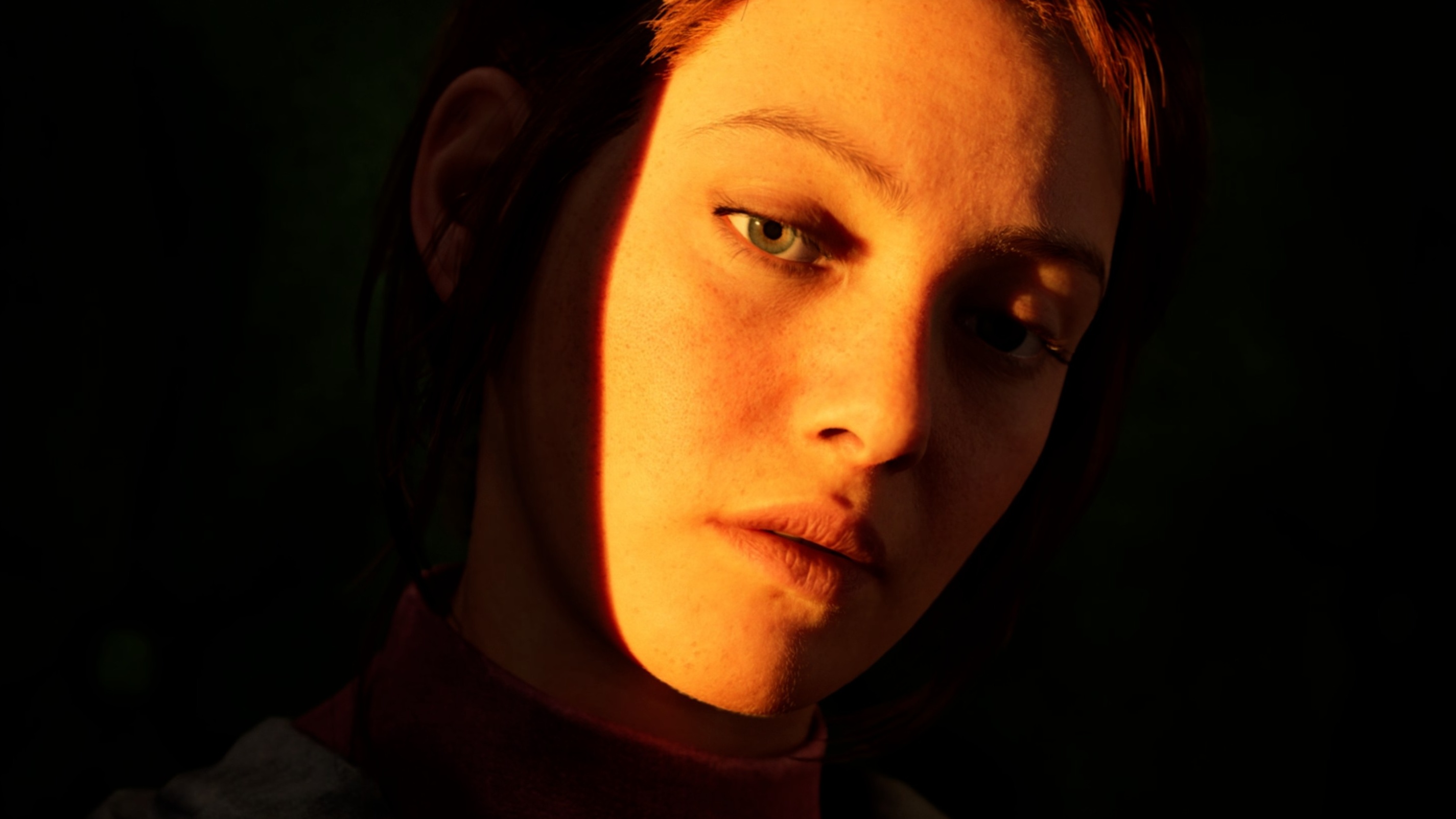I've been playing tabletop RPGs for 20 years, and these are the D&D alternatives I recommend
If you're done with Dungeons & Dragons, let me help you find your next favourite TTRPG.
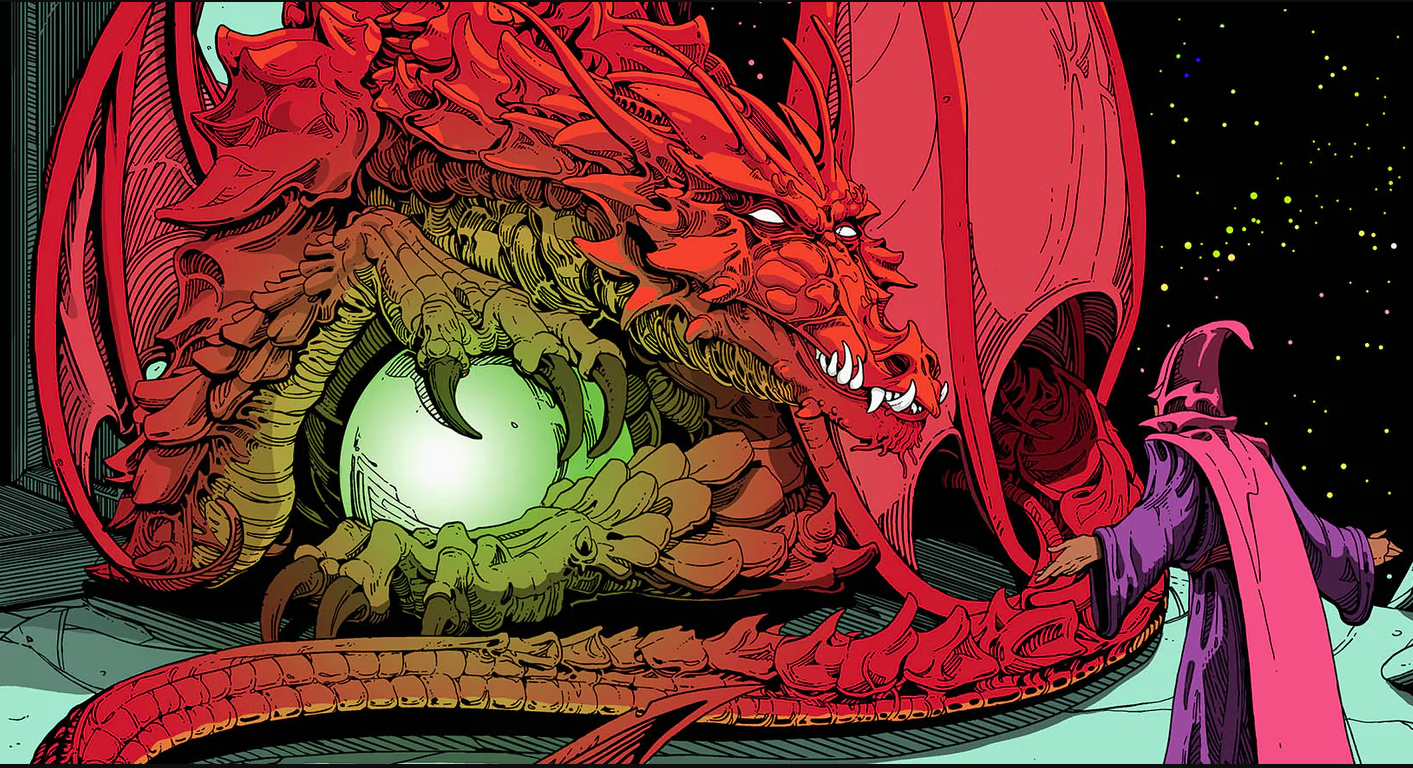
Whether you're quitting Dungeons & Dragons entirely, or just looking for something new to try, it can be difficult to know where to go next. There's an enormous number of brilliant tabletop RPGs out there these days, catering to almost any taste, but sifting through them all to find the one for you isn't an easy task.
You know what is easy? Sitting back and letting us do the hard work for you! Over 20 years in the hobby, I've played and run an awful lot of games, and below I've put together a selection of what I think are the best D&D alternatives—gateways for stepping outside of Wizards of the Coast's kingdom and into the wonderful wider world of RPGs.
So the only question is—what are you looking for?
Action & adventure
Savage Worlds
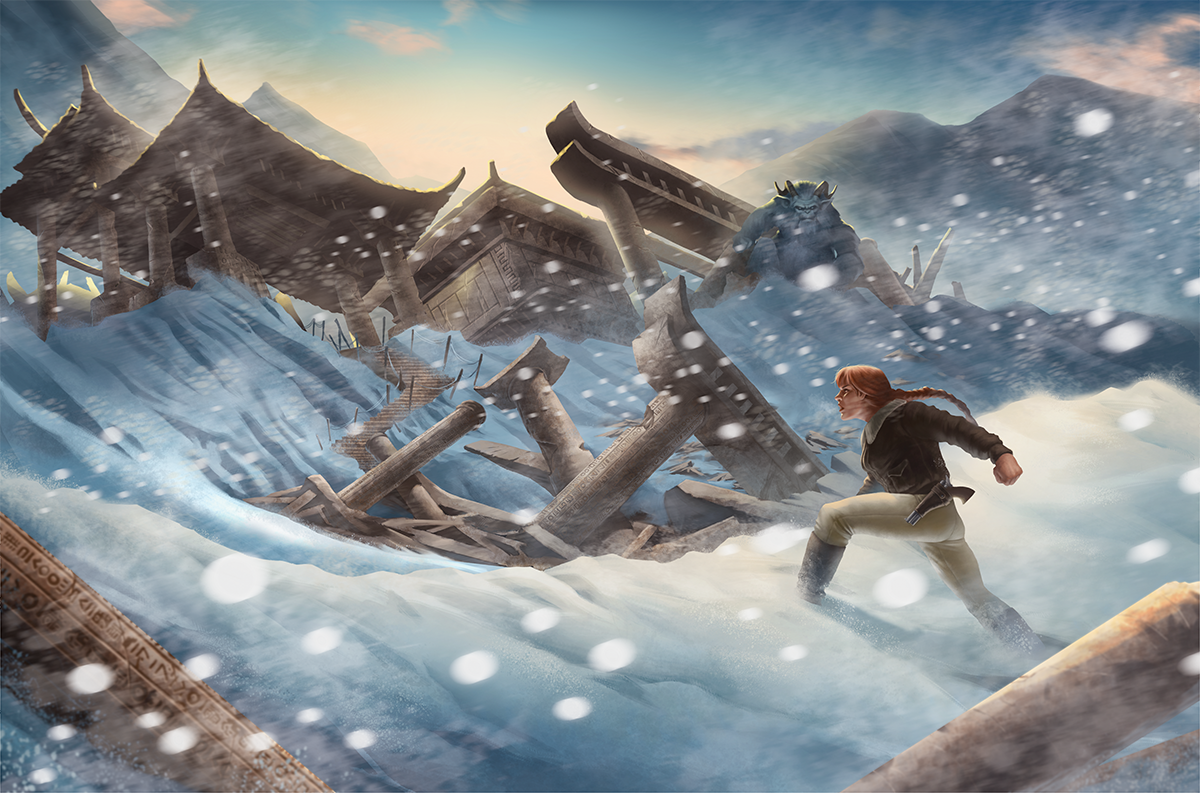
"Fast, furious and fun" is the tagline of this excellent action-focused RPG, and it really does ring true in play. Savage Worlds is a great next step from D&D, because it has many of the same touchstones—lots of character options, tactical combat, heroism and drama—but uses clever streamlining to do away with many of its flaws. Fights are quick and easy, even if you throw in lots of allies or hordes of enemies; GM prep is simple and straightforward; and characters advance meaningfully in power without becoming unwieldy.
Savage Worlds is a universal system—it can handle any genre, though it definitely shines when you're telling stories about bold heroes who love a scrap. For the most part you can do it all just out of the core book, but there's also a huge range of supplements, expansions, settings, and adventures available, covering everything from superheroes to the Wild West to Victorian monster hunters. It even has official Pathfinder books, converting that game's D&D-like character options and adventures to Savage Worlds' rules.
Warhammer Age of Sigmar: Soulbound
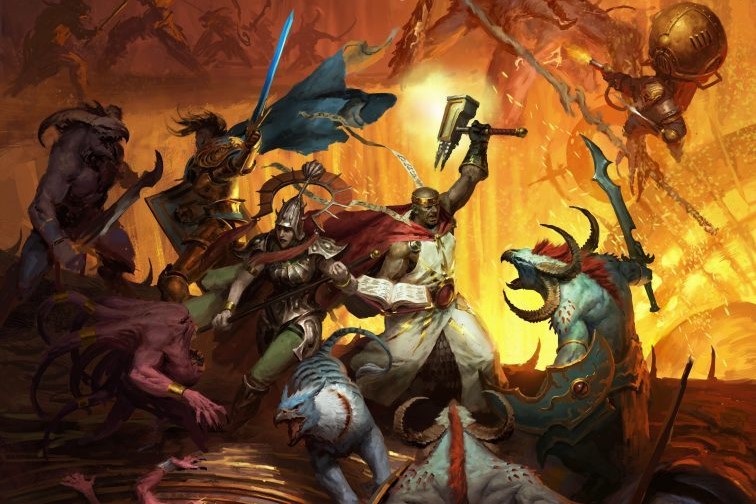
Keep up to date with the most important stories and the best deals, as picked by the PC Gamer team.
Soulbound is the official RPG of Games Workshop's current fantasy setting, but even if you don't know that world, it stands up on its own as a brilliant fantasy RPG. The sprawling, mythic realms of Age of Sigmar set the stage for super powerful player characters, larger than life warriors who can challenge enormous monsters and entire armies on their own.
A truly impressive number of ongoing releases mean the game now supports almost any kind of premise in the setting that you can imagine—with particularly good options for playing the bad guys, if you've ever harboured a desire to be a 12-foot stone troll or a mad ghoul king. There are also lots of prewritten adventures, including the excellent Blackened Earth campaign—an epic tale that sees you trying to broker peace between careless industrialists and vengeful tree folk, while ratmen and cultists cause chaos at every turn.
If your Warhammer tastes skew in a different direction, publisher Cubicle 7 has still got you covered—they also make the latest version of the delightfully grim Warhammer Fantasy Roleplay, as well as two Warhammer 40,000 RPGs: the heroic and action-packed Wrath & Glory, and Imperium Maledictum, a spiritual successor to Dark Heresy that goes all-in on the setting's bleaker elements.
Nostalgia
Pathfinder
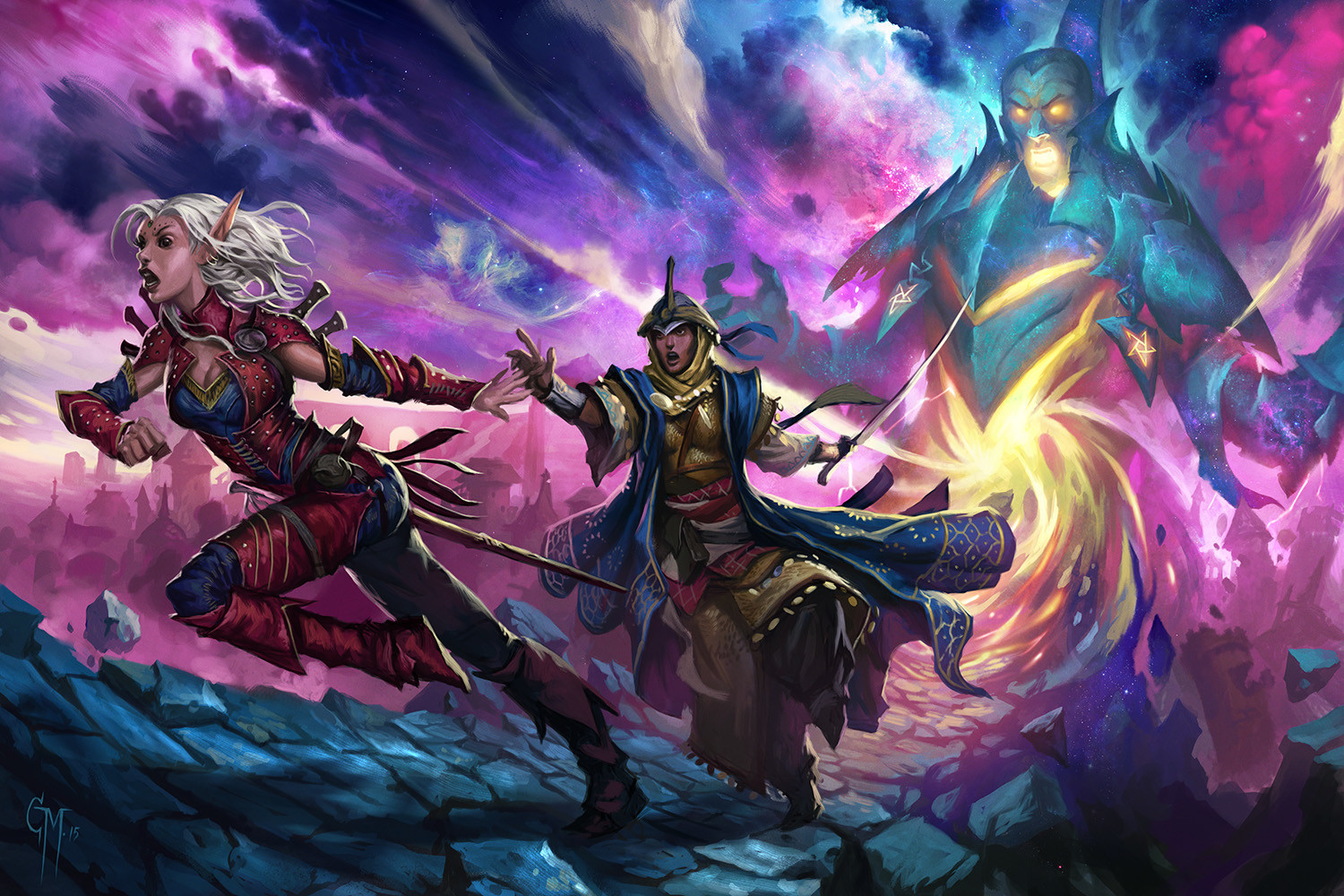
If you're the sort of person who thinks D&D peaked at 3.5e, Pathfinder is the game for you. Now in its second edition, the game has developed a really strong identity of its own these days, but the core mechanics will be immediately familiar to anyone who played D&D in the 2000s—which means they're not far away from 5e either.
Pathfinder really leans into the crunch—it's all about detailed, comprehensive rules, and an absolute metric ton of character options. If you love min-maxing your build, you'll feel like a kid in a potion shop, and a focus on new hybrid classes for every occasion takes away a lot of the awkwardness of multi-classing to get what you want.
It's also one of the few games on this list to have videogames based on it. Pathfinder: Kingmaker is an old school, isometric RPG, adapted from one of the campaigns published for the tabletop game—it's brilliant in its own right, but will also give you a great sense of whether Pathfinder is the right TTRPG for you.
Old School Essentials
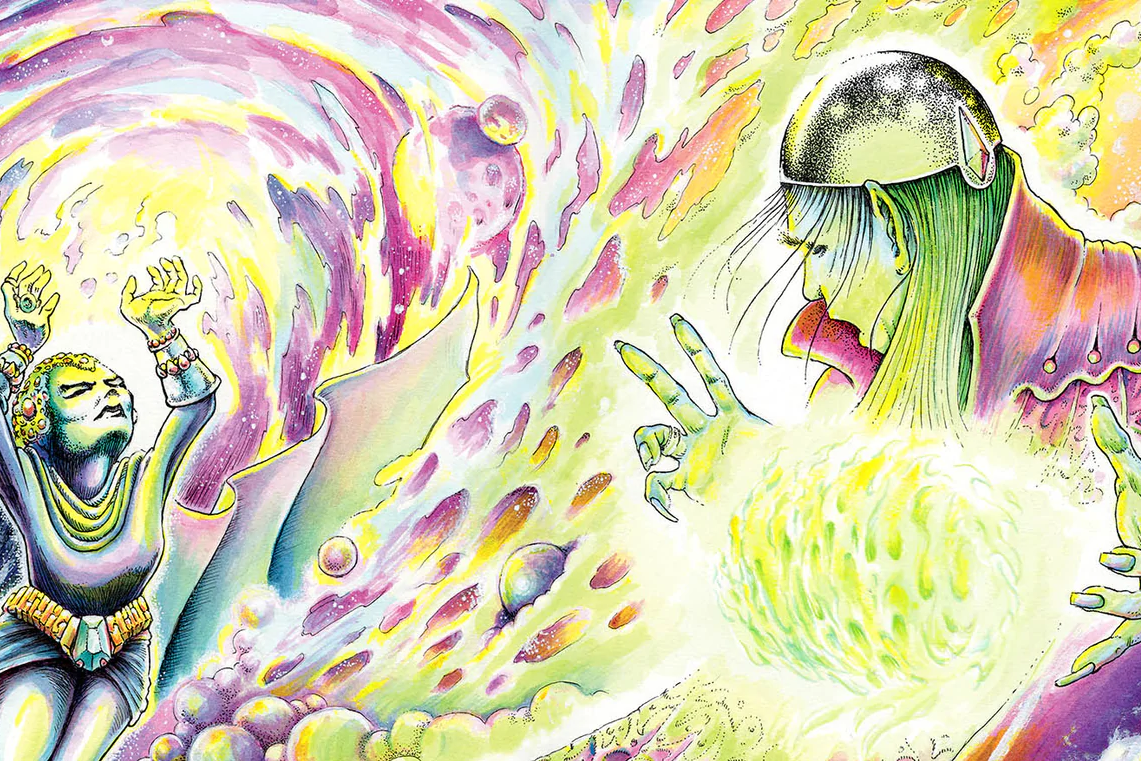
The Old School Renaissance (or Old School Revival) is a movement to bring back not only the original D&D rules, but also the style of play they encouraged, which is very different to the modern game. OSR play is about deadly dungeons, a focus on clever play and strategy over character builds, and emergent storytelling. Even if you weren't around in the '70s, it's a refreshing way to play that's reminiscent of videogames like Elden Ring or Darkest Dungeon, and there are now many RPGs that use entirely new, modern rules systems to emulate the OSR feel.
If, on the other hand, you're the sort of person who thinks D&D peaked before editions were even a thing, you need to check out Old School Essentials. Part of the burgeoning "Old School Renaissance", it's a lovely, modern game that is fully faithful to and compatible with the D&D Basic and Expert sets of the '70s.
That means these rules work with all the classic adventures, from Keep on the Borderlands to Tomb of Horrors—but also an excellent new range of adventures designed for OSE that boast a distinctive layout style that makes it wonderfully easy to run sprawling dungeon crawls out of the book with minimal prep. Check out Winter's Daughter or The Incandescent Grottoes for great introductions (or re-introductions) to this style of play—and from there, you can explore a whole world of other OSR adventures from other publishers.
Horror
Monster of the Week
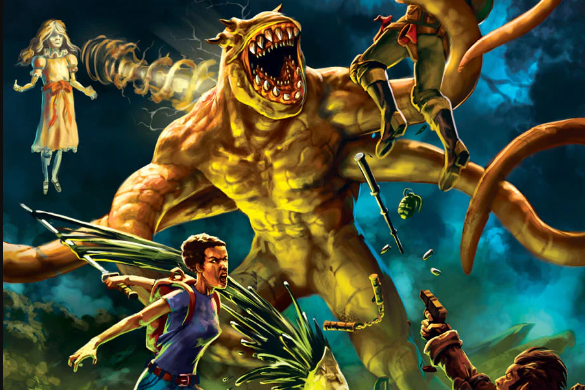
Lots of popular TTRPGs these days are "Powered by the Apocalypse", which means their systems are derived from the rules of a highly influential 2010 game called Apocalypse World. PbtA games tend to focus on story- and character-driven play, often with a specific genre or premise in mind, and use "playbooks" instead of classes that determine not just your abilities and powers, but your role in the narrative. It's a really versatile set of rules and a great, accessible introduction to a style of play that you may find is actually better at capturing the vibe of your favourite D&D Actual Play.
Using the popular "PbtA" system, Monster of the Week is an urban horror game that perfectly emulates the style and tone of TV shows like Supernatural, Buffy the Vampire Slayer and The X-Files. Players are monster hunters out to keep the world safe from the forces of darkness—each adventure, they investigate clues and crime scenes, piecing together the monster's identity and what its weaknesses and strengths might be before tracking it down for a climactic confrontation.
For the GM, the focus is on improvisation in play over detailed prep—all you have to do is sketch out a fun monster and a few locations and bystanders, and you're ready to go. As the players make rolls in their investigations, you discover together what clues the monster has left behind, and where it's headed next. With its simple premise and structured approach, it's a great introduction to the world of games driven by collaboration and improv at the table, rather than weekends spent hunched over books and notes.
Trail of Cthulhu
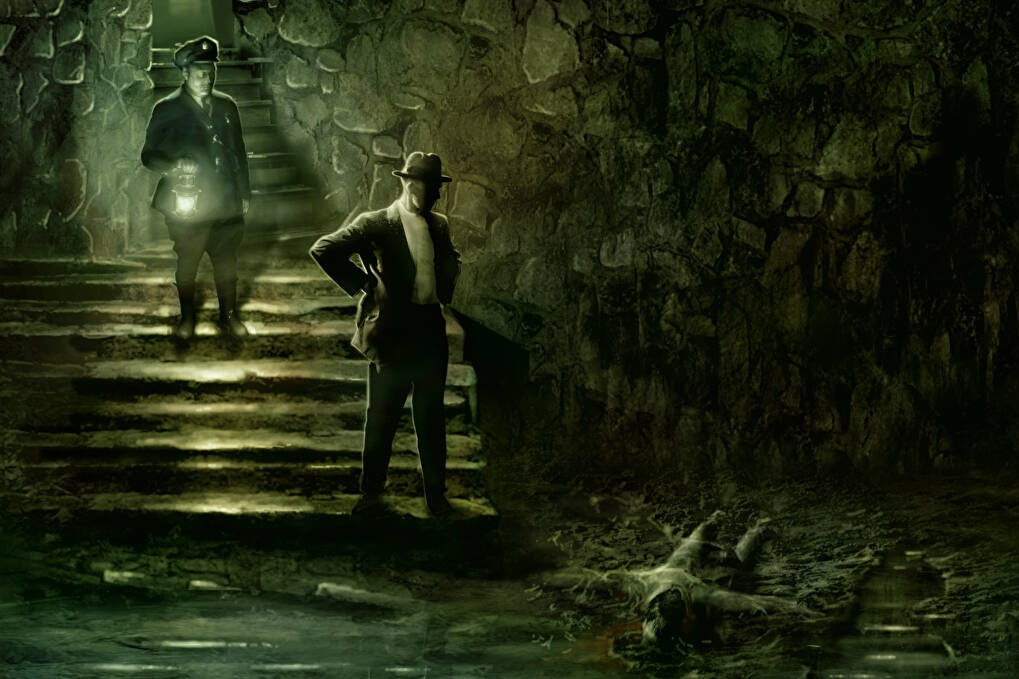
Fans of Lovecraft are spoiled for choice when it comes to TTRPGs—from the long-running Call of Cthulhu, to the lean and lethal Cthulhu Dark—but for my money Trail of Cthulhu is the best modern offering. It uses the innovative Gumshoe system, a set of rules designed to make mysteries run as smoothly as possible by removing dice rolls from the investigative parts of the game. If you invoke a relevant skill, you find the clues, and you can spend points to discover more information—you never miss vital evidence or hit a dead end because of a bad roll, and the focus is on what you do with those clues once you have them.
Given the classic Lovecraft setting, these mysteries more often than not lead you to the bizarre and horrifying, and when the tentacles hit the fan the dice come back out as you struggle to avoid madness and death. Trail of Cthulhu does a fantastic job of taking familiar monsters and ideas from Lovecraft's world and making them surprising and scary again, creating an experience much more authentic to the original stories. And it's full of great advice you'll find yourself taking into other mystery and horror games you play in the future.
Superheroes
Mutants & Masterminds
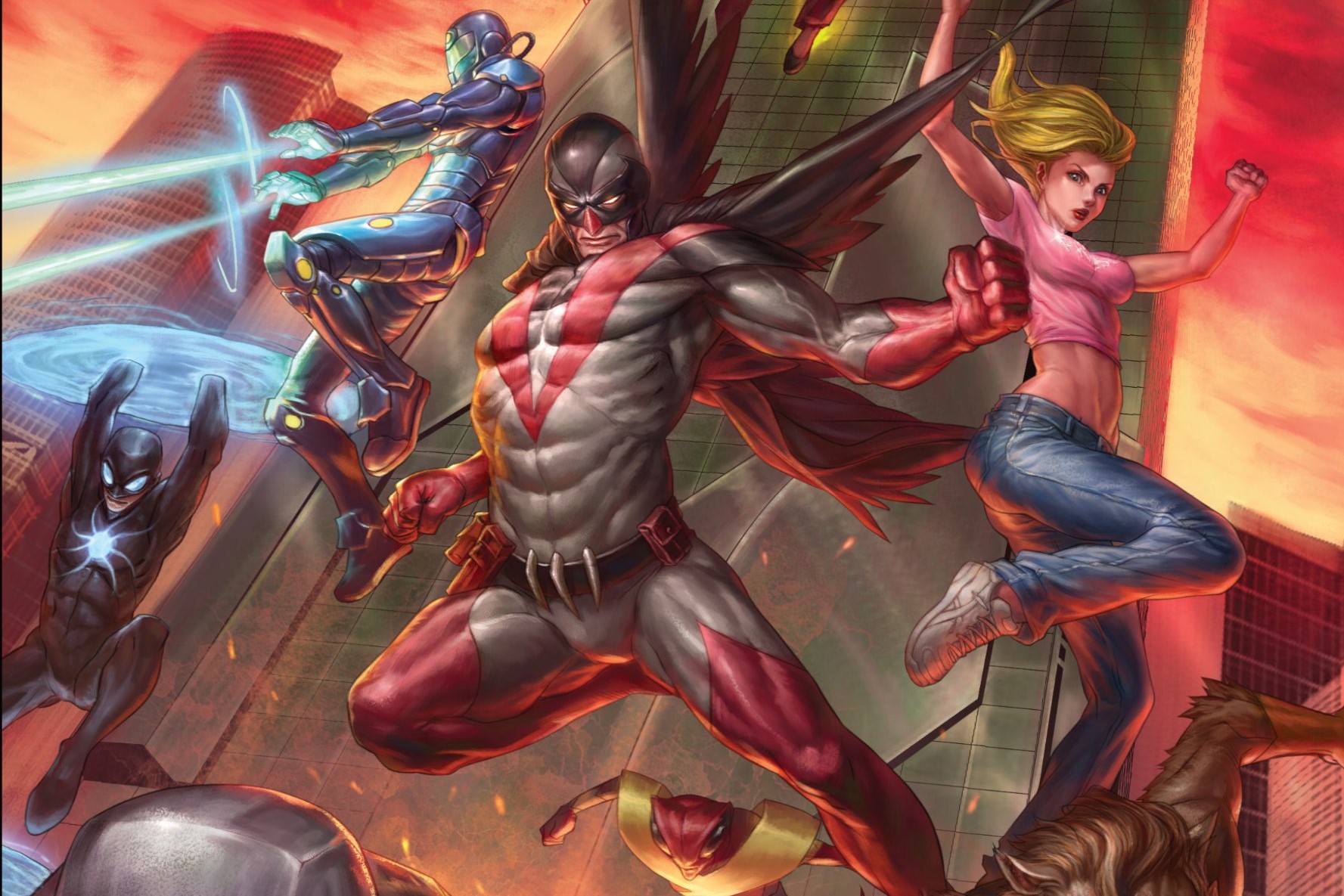
Originally derived from D&D's 3rd edition rules, Mutants & Masterminds takes lots of elements you'll be familiar with—such as the six attributes and d20 rolls—and builds on them to create a brilliantly flexible superhero game. The in-depth character creation system lets you stat up any kind of superpower you can imagine, allowing it to easily cover everything from street-level vigilantes to cosmic gods and everything in between. It's liberating being able to emulate your favourite film or comic book characters, or just follow the whims of your own imagination—though be warned that that depth of choice does also mean it can take some work to wrap your head around what's possible and how to implement it in numbers.
Over two decades in print in some form or another, the game has built up a huge library of supporting material for you to draw on. Whether you want adventures and statted up supervillains, pre-built settings, or advice and tools for hitting specific superhero genres and comic book eras, there'll be a book in the range for you.
City of Mist
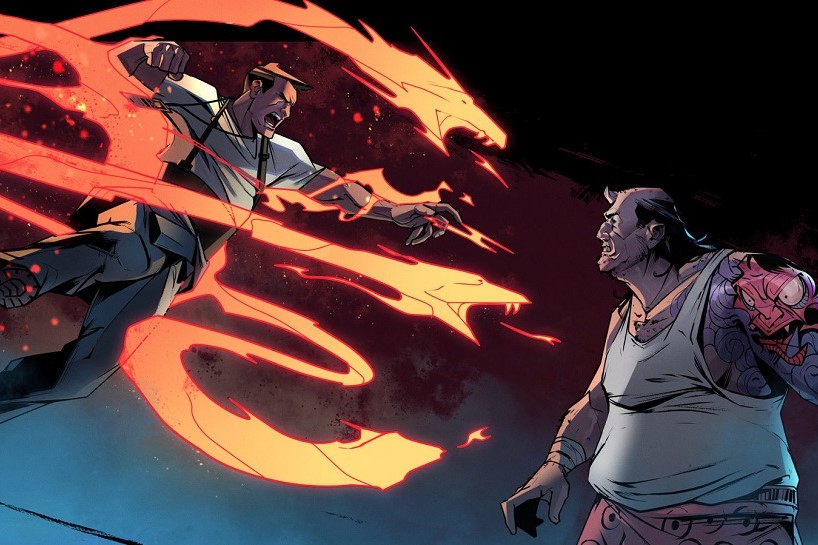
The unique setting of City of Mist combines superheroes, film noir, urban fantasy and… well, whatever else you can think of. Heroes in the setting draw on myth, legends and fiction for their superpowers, so you could play a modern-day Medusa, a new wielder of Excalibur or an avatar of Odin. Character creation is open-ended and freeform—you define yourself through keyword tags that mean it takes mere minutes to draw up your hero, no matter how wild your imagination.
The system is derived from PbtA (see boxout above), but with its own twists for a more streamlined and even more story-driven experience. The tag mechanics keep the action quick and simple, no matter what incredible powers and abilities you and your foes bring to bear, and the unusual setting is a refreshing change of pace for anyone getting tired of the MCU.
Weirdness
Heart: The City Beneath
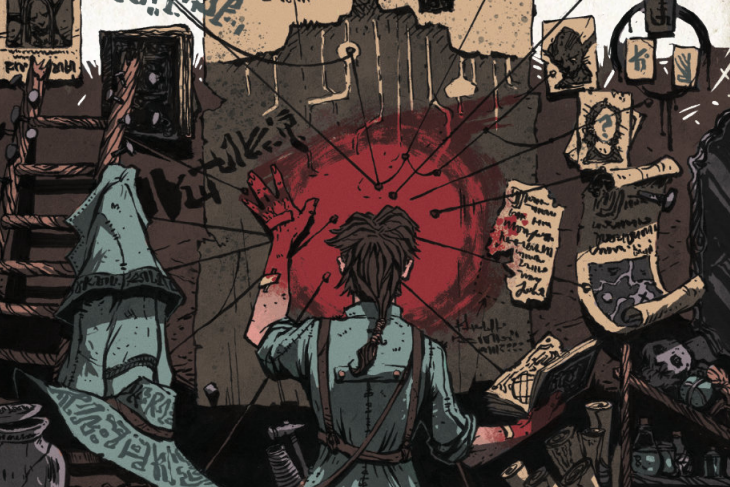
Get ready for your whole conception of what a fantasy dungeon crawl is to get blown wide open in this wonderfully bizarre fantasy setting. As character classes including the Deep Apiarist (an adventurer infested with alien bees), the Deadwalker (a rogue who can jump through afterlives) and the Vermissian Knight (a sacred defender of underground train lines in steampunk power armour), you delve into the surreal nightmare world that is the City Beneath to battle mutants, horrors, and the spirit of the Heart itself.
From the creators of the cult hit Honey Heist (an RPG where you play bears trying to pull off complex criminal plans), Heart is equal parts fiercely creative, absurdly funny and grotesquely scary. The slightly anarchic system may prove a little intimidating if this is your first step out of D&D, but once you crack open the book it's impossible not to be swept along by its boundless, bizarre energy and left-field takes on classic dungeon fantasy tropes.
Trophy Gold

Another deconstruction of classic dungeon crawling, but where Heart: The City Beneath is gonzo and exuberant, Trophy Gold is more subtle and melancholy—though just as full of surreal monsters and locations. Think The Green Knight by way of Annihilation. Its very stripped down rules may be a bit of a shock to the system for D&D players—combat, for example, is all resolved in one big roll—but they facilitate wonderfully tragic stories of doomed treasure hunters delving into places they should not and being changed physically and mentally by what they find as they desperately try to stay ahead of their debts.
Trophy Gold's incisive and unusual breakdown of dungeon structure not only makes improvising entire adventures a breeze, it gets you thinking about them in a way that may change your approach to the entire genre. And it's supplemented by an excellent podcast to help new GMs to get to grips with its more unusual elements and learn helpful new techniques.

Formerly the editor of PC Gamer magazine (and the dearly departed GamesMaster), Robin combines years of experience in games journalism with a lifelong love of PC gaming. First hypnotised by the light of the monitor as he muddled through Simon the Sorcerer on his uncle’s machine, he’s been a devotee ever since, devouring any RPG or strategy game to stumble into his path. Now he's channelling that devotion into filling this lovely website with features, news, reviews, and all of his hottest takes.

